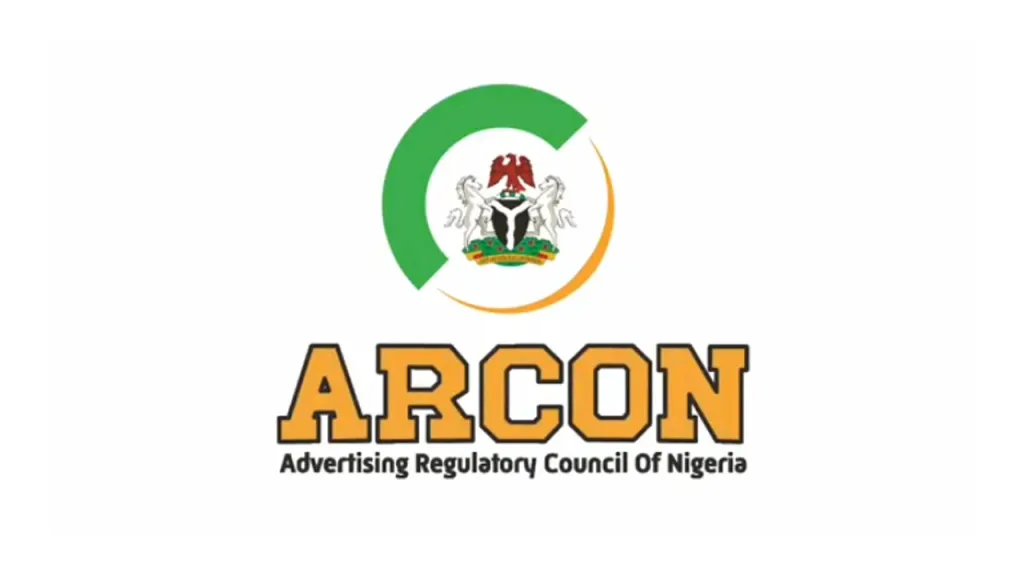With Rivers State’s Local Government Council elections approaching on August 30, Nigerian advertising officials are calling on political parties to ensure their campaign materials comply with national regulations. The push comes amid efforts to uphold transparency and accountability in electoral processes.
Dike Bekwele, Chairman of the Advertising Practitioners’ Association in Port Harcourt, issued a public plea on Thursday, urging candidates and parties to submit all promotional content to the Advertising Regulatory Council of Nigeria (ARCON) for approval. The advisory, distributed to local media, emphasized that only registered advertising professionals should handle these submissions to avoid legal breaches.
“Using unlicensed operators not only undermines professional standards but violates the ARCON Act of 2022,” Bekwele stated, referencing legislation that centralizes oversight of advertising content in Nigeria. He stressed that registered practitioners are trained to navigate regulatory requirements, ensuring campaigns meet ethical and legal benchmarks before they reach the public.
The directive highlights growing concerns about misinformation and unvetted political messaging in Nigerian elections, particularly at the local level, where campaigns often intensify rapidly. Rivers State, a political hotspot in the Niger Delta, has faced historical tensions during elections, making regulatory compliance a focal point for maintaining public trust.
ARCON, established to standardize advertising practices nationwide, mandates that all promotional materials—including billboards, social media content, and radio ads—undergo scrutiny to verify claims and ensure they align with national guidelines. Non-compliant parties risk penalties, including fines and the removal of campaign materials.
While Bekwele did not cite specific instances of violations, his warning underscores a broader effort to curb inflammatory or misleading propaganda. Analysts note that adherence to such protocols could mitigate disputes over campaign content, which have previously fueled unrest in tightly contested races.
The call for compliance arrives as parties ramp up outreach efforts ahead of the polls, which will determine leadership across the state’s 23 local government areas. Stakeholders argue that regulated campaigns could foster fairer competition and reduce the spread of divisive rhetoric.
As Nigeria continues refining its electoral integrity mechanisms, the emphasis on lawful advertising practices reflects a recognition of the role transparent communication plays in democratic processes. For voters, the move signals a step toward clearer accountability—and a reminder that the stakes of local governance extend far beyond election day.
